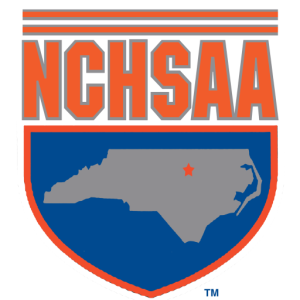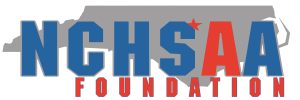Memorandum
To: State Association Executive Directors and Commissioners
From: Greg Elkins, M.D., Chair of the NFHS SMAC
Bob Colgate, NFHS Director of Sports and Sports Medicine
Subject: Infectious Disease Update
Date: November 17, 2022
As the seasons change and sports move inside putting our students in closer contact to each other I wanted to reach out to you about an old issue that has begun to reappear, one that is significantly impacting the nation’s younger children and a new problem.
Influenza (the Flu) was nearly nonexistent during the height of the COVID-19 Pandemic but is now making a significant comeback and earlier in the year than normal. Many of our students have already been affected and many more will be. Both the American Academy of Pediatrics (AAP) and the American Academy of Family Practice (AAFP) recommend early testing for those who are symptomatic to differentiate the Flu from COVID-19. Also, most antiviral medications against the Flu are most effective if started in the first 48 hours. The hallmark of prevention is yearly vaccination and good hygiene.
Respiratory Syncytial Virus (RSV) is filling Emergency Room waiting rooms and pediatric hospital beds across the country. While severe illness and consequences happen predominantly in the 2-year-old and under population and our adolescent students generally have minimal symptoms, they play a major role in the spread of RSV acting as vectors bringing infection into the home where they have younger siblings. Again, good hygiene is a key to prevention.
Monkey Pox garnered significant headlines earlier in the year but fortunately has not affected the same number of students as the other mentioned infectious diseases, however it is still a concern. It is passed from person to person by close physical contact (not just sexual), but unlike some other disorders affecting skin it remains infectious until all scabs are gone and skin is dry. As such very precise and accurate diagnosis of skin lesions, particularly in high contact sports such as wrestling is important.
In conclusion, I would continue to advocate for early testing and treatment of students who are ill as well as close collaboration with local and state health departments during times of outbreaks. Most importantly, prevention is the hallmark in controlling these illnesses in our students. As grandmothers have said for generations, “Don’t share your cough, wash your hands, don’t drink after others and get your shots if you can!”
Please feel free to share this information with your state association staff, your respective state SMAC and your member schools.
Thanks as always for what you do for our students across the country!
Greg Elkins, M.D.
Chair – NFHS Sports Medicine Advisory Committee
References:
Influenza – (AAP):
Influenza – (AAFP):
Respiratory Syncytial Virus Infection (RSV) – (AAP):
Monkeypox – (AAP):



